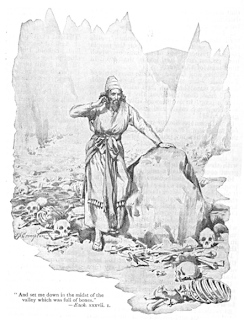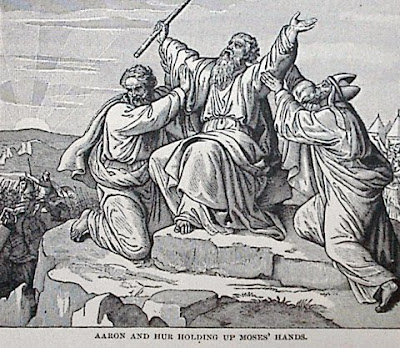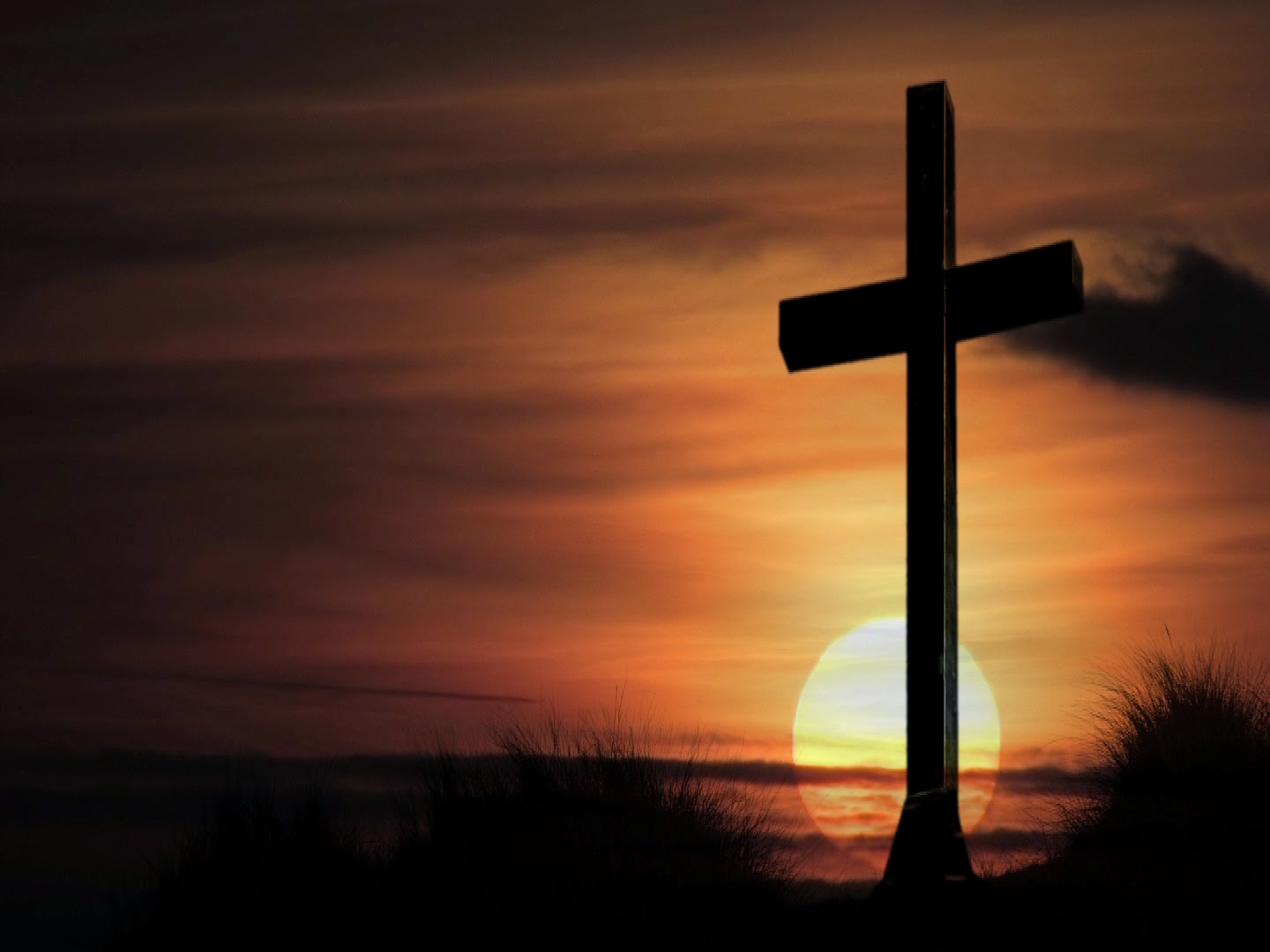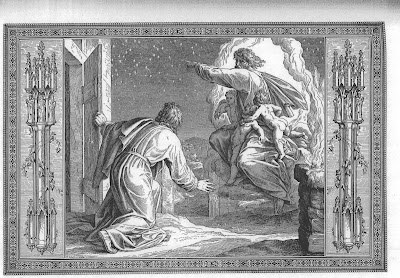TO CHEW ON: "For as many as are led by the Spirit of God, these are the sons of God." - Romans 8:14
This verse tells us we prove or flesh out in real life our sonship and daughtership to God as we allow His Spirit to lead us. A footnote to this verse in my Bible explains Romans 8:14:
"It describes the lifestyle of those who are sons of God. Paul is giving encouragement not to live according to the flesh but to put to death the deeds of the body (Romans 8:13). Therefore being 'led by the Spirit of God' involves progressively putting to death the sinful appetites of the lower nature. This implies that, while all Christians are in some general sense being 'led by the Spirit of God,' there are increasing degrees of being led by the Spirit. The more fully people are led by the Holy Spirit, the more completely will they be obedient to God and be conformed to His holy standards.
Since the Greek word translated 'led' is a present participle, it may be translated 'as many as are being continually led by the Spirit of God.' This leading is not to be restricted to objective knowledge of the commands of Scripture and conscious effort to obey them (though it most certainly includes that). Rather, it more fully includes the subjective factor of being sensitive to the promptings that if genuinely from the Holy Spirit will never encourage us to act contrary to Scripture" - Wayne A. Grudem (the commenter on Romans in the New Spirit-Filled Life Bible, p. 1561-2).
It appears there is a delicate interplay, in living the Spirit-controlled life, between knowing the scripture in one's head, obeying it as a matter of habit, and being open to the Holy Spirit's personal leading in the circumstances of life that are not directly addressed in the Bible.
This reminds me of the stories in Acts of the Holy Spirit:
- leading Philip when he was on the Gaza to Jerusalem Road to approach the Ethiopian's chariot (Acts 8:28).
- leading Peter to go to Cornelius's house (Acts 11:12)
- leading the Antioch church to send out Paul and Barnabas as missionaries (Acts 13:2).
- forbidding Paul and Silas to preach in Asia (Acts 16:6).
And I'm sure there are more. Of such special instructions, our Romans expositor says:
"What one perceives to be a subjective leading of the Holy Spirit, especially in major decisions or promptings for 'unusual' actions should be subjected to the confirmation of several counselors (Proverbs 11:14; 24:6) to help guard against mistakes and to help get a clear picture of Scripture's objective standards" - Grudem, NSFLB, p. 1562.
Great advice, but cumbersome too. It's not something the people in our Acts examples could have done in all cases. Sometimes there was no one around from whom to get confirmation.
I think we can conclude that living by these Holy Spirit promptings is a life of faith where we can trust God Himself to issue "Stop" or "Go" orders in a variety of ways, including the advice of others, of course, and the presence or absence of inner peace. Paul says in another place:
"Be anxious for nothing, but in everything by prayer and supplication, with thanksgiving, let your requests be made known to God and the peace of God which surpasses all understanding will guard your hearts and minds through Christ Jesus" - Philippians 4:6-7.
PRAYER: Dear God, what a privilege to be called Your daughter. Help me to live the fact of this by my sensitivity to Your Spirit's leading in my unexceptional comings and goings, and in my ability to hear Your special assignments, and then to eagerly obey. Amen.
***************
Unless otherwise noted all Scripture quotations are taken from the New King James Version®. Copyright © 1982 by Thomas Nelson, Inc. Used by permission. All rights reserved.




















